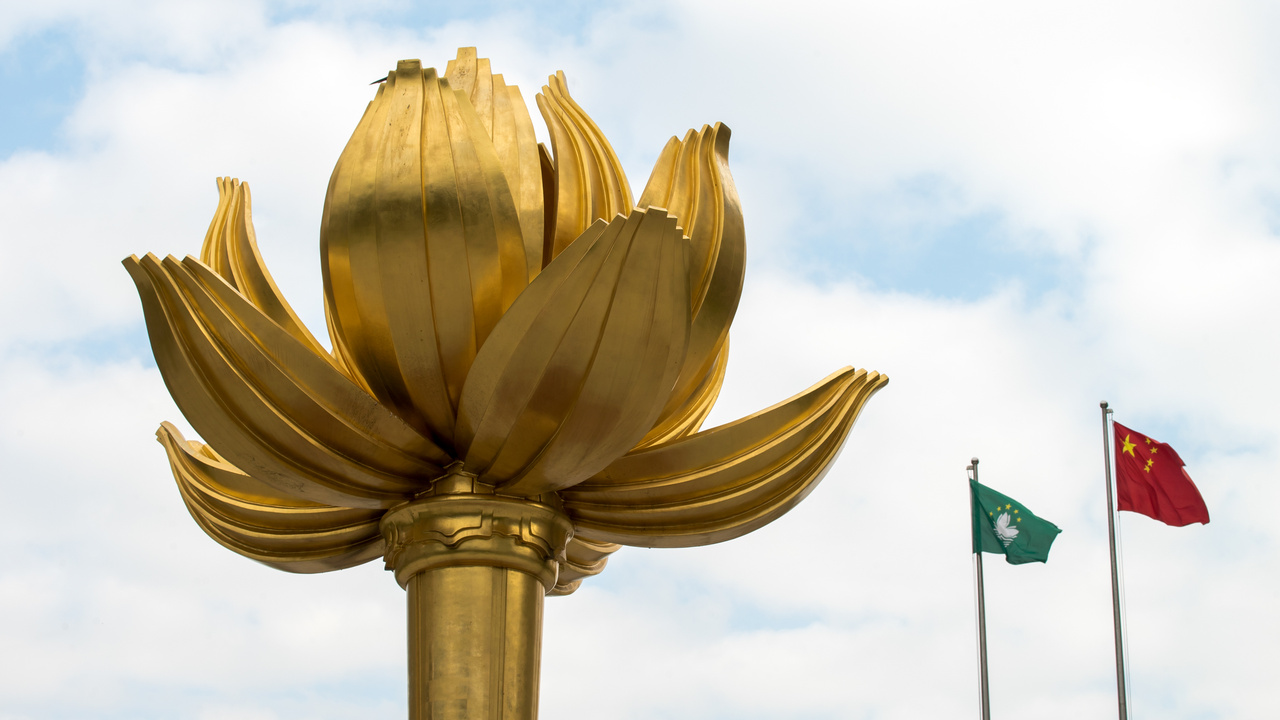
The Chief Executive, Mr Sam Hou Fai, on behalf of the Macao Special Administrative Region (MSAR) Government, expressed gratitude to the Central Government for introducing new measures facilitating cross-boundary travel to Macao. He added that such initiatives will inject strong impetus into the city’s economic and social development, while helping Macao better to integrate into national development strategies.
The National Immigration Administration of the People’s Republic of China announced on Monday (3 November) the implementation of 10 new immigration and exit-entry management service policy initiatives, as a concerted effort to facilitate high-level opening up and high-quality development.
The new measures encompass a number of significant initiatives specifically facilitating cross-boundary travel to Macao, observed Mr Sam. Notably, the talent endorsement policy – previously limited on a pilot basis to Beijing, Shanghai and also to other cities within the Guangdong-Hong Kong-Macao Greater Bay Area – has been expanded to cover the entire Yangtze River Delta, the Beijing-Tianjin-Hebei region, and all national Free Trade Pilot Zones. This expansion would undoubtedly encourage a greater number of qualified personnel from the Chinese mainland to work in Macao, promoting further people-to-people exchanges, while providing greater support for the MSAR’s appropriate economic diversification and boosting the development of the city’s emerging industries.
Regarding cross-boundary travel, the implementation of facial-recognition technology at respectively the Hengqin boundary crossing and the Hong Kong-Zhuhai-Macao Bridge crossing, frequently used by residents and tourists alike, would significantly improve boundary-crossing efficiency, further facilitating the mobility of people, said Mr Sam.
In addition, expanding the number of cities covered by the pilot scheme for online renewal and reissuance of exit-entry documents for residents of the Chinese mainland would allow them to process their travel documents to Macao more conveniently, potentially increasing the number of mainland visitors to Macao, observed Mr Sam. Providing Chinese mainland residents who already hold family visit visas to Macao with the ease of renewing such authorisation in Macao, would effectively benefit their respective families and strengthens emotional ties, he added.
Furthermore, newly-designating Hengqin as a boundary-crossing point under the 240-hour visa-free transit policy will substantially enhance Macao’s role as a gateway to the country, by facilitating the entry of international visitors, talents, and representatives of foreign enterprises to the Chinese mainland via the MSAR.
The Chief Executive said these new measures announced by the Central Government would not only address Macao's societal needs but also demonstrate firm support for the city’s sustainable development. The new measure would also facilitate the movement of people between Macao and the Chinese mainland, as well as deepen high-quality exchange and cooperation in the areas of trade, scientific research, education and tourism, while strengthening cohesion and injecting fresh vitality into Macao’s overall development.


